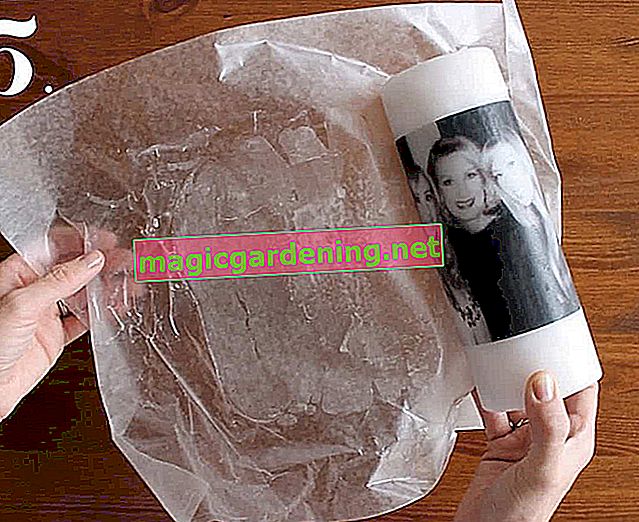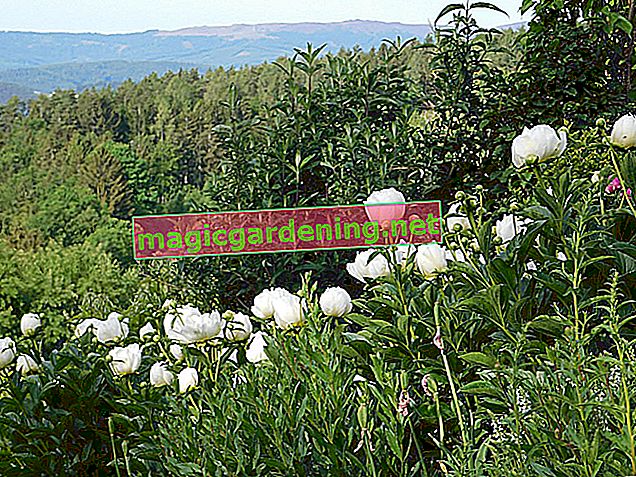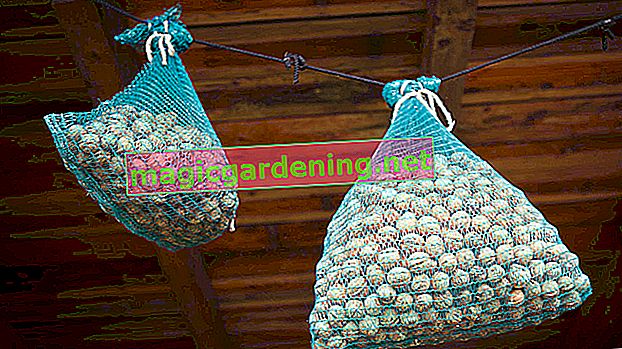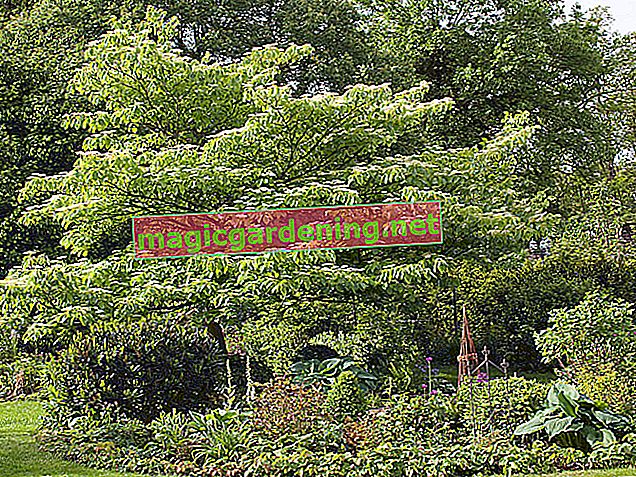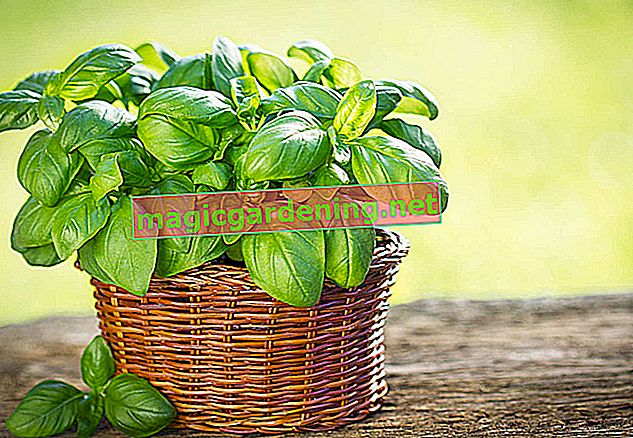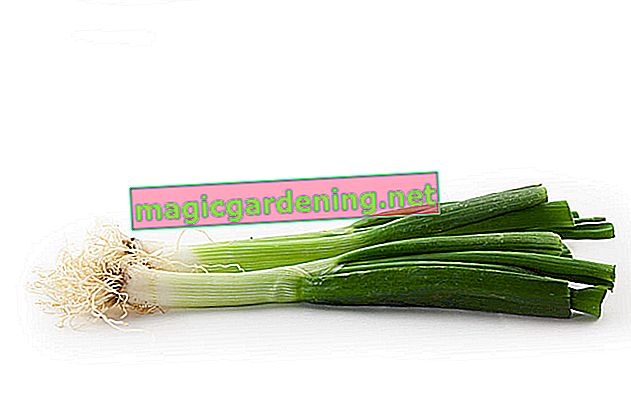
How is jasmine poured?
Jasmine needs a lot of moisture during the growing season. Water the plant in the pot or tub regularly. If the jasmine is in direct sunlight, you have to water more often. When caring for the flower window, ensure high humidity by spraying.
also read
- Maintain jasmine as a houseplant
- Grow jasmine for several years - this is how jasmine flowers for many years
- Just carefully cut back the jasmine before overwintering
The plant does not tolerate waterlogging. Discard excess water immediately. Make sure that waterlogging never occurs.
Use the softest rainwater possible for watering jasmine. If necessary, stale tap water can also be used.
How much fertilizer does the plant need?
Plants freshly repotted in spring do not initially need any fertilizer. They are only fertilized for the first time after a few weeks.
You fertilize all other jasmines at least every two weeks with a liquid flower fertilizer. (€ 13.27 at Amazon *)
Does jasmine need to be repotted?
Repot jasmine whenever the roots grow out of the pot. If the plant suffers from a lack of nutrients, which is noticeable by yellow leaves, you should plant the jasmine in fresh soil.
The best time to repot is spring when you get the jasmine out of the winter quarters.
When and how is jasmine cut?
Jasmine only blooms on young shoots. It is best to prune the plant in February or March. Remove older shoots. The jasmine branches out at the interfaces and becomes bushier overall.
You should rejuvenate the jasmine at least every three to four years by cutting it back to a third. The plant will then stop flowering for one to two years.
What diseases do you get?
Diseases only occur when the jasmine is too damp or too dry. Make sure you have good ventilation to prevent mold and fungal growth.
Which pests should be watched out for?
Especially in winter quarters, aphids, mealybugs and spider mites are more of a problem. A strong infestation indicates that the plant is too warm or not ventilated enough.
Pests also occasionally appear in the flower window. You can prevent this if you ventilate the site regularly.
Does jasmine have to be overwintered?
Real jasmine is not hardy - in contrast to fake jasmine or scented jasmine. Therefore, always grow the plant in a pot or bucket.
Jasmin is good at spending the summer on the terrace or balcony. As soon as it gets cold outside, the plant has to be brought inside.
- Shorten slightly before overwintering
- examine for pests
- looking for a bright, cool location
- ventilate more often
- water moderately
- no longer fertilize or cut
Tips
If the jasmine no longer blooms, although you are taking proper care of it, the plant is too old. Rejuvenation that you carry out in spring helps here. You cut off all the old shoots.

